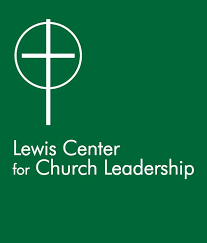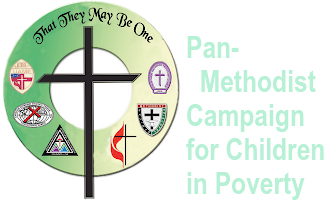 Many news reports have presented the serious problems that children confront from being online with their game-playing devices, computers, smartphones, and tablets. Children are exposed to cyberbullying, sexual advances, invasion of their and their parents' privacy, and other threatening behaviors. Adults need to understand how what children see online (both positive and negative) can have lasting effects on their physical and emotional wellbeing. Talk to your children about technology usage and implement some rules. For information to help address these issues, see "The Ultimate Parent Guide for Protecting Your Child on the Internet" and click here.
Many news reports have presented the serious problems that children confront from being online with their game-playing devices, computers, smartphones, and tablets. Children are exposed to cyberbullying, sexual advances, invasion of their and their parents' privacy, and other threatening behaviors. Adults need to understand how what children see online (both positive and negative) can have lasting effects on their physical and emotional wellbeing. Talk to your children about technology usage and implement some rules. For information to help address these issues, see "The Ultimate Parent Guide for Protecting Your Child on the Internet" and click here.
 This guide, 50 Ways to Engage Local Schools, was created by the Lewis Center for Church Leadership. It is provided in PDF format, so that it can be easily downloaded, printed, and shared.
This guide, 50 Ways to Engage Local Schools, was created by the Lewis Center for Church Leadership. It is provided in PDF format, so that it can be easily downloaded, printed, and shared.
The Lewis Center is geared toward supporting clergy and congregations, but their resources have much broader application. The "50 Ways" series of articles can offer practical pointers to ministers and lay leaders in many forms of ministry and areas of Christian life.

Twelve children, forty-two grandchildren, seventy-nine great-grandchildren, and twenty-eight great-great-grandchildren; that is what my grandmother’s obituary read when she died in 2008. Of that 161 people, I am the first male to graduate from college and attend graduate school.
My grandmother, as wise and skilled as she was, died at the age of 93, having never learned to read or write. She was a deeply religious woman who believed in hard work and “loving thy neighbor.” As the matriarch of our family, her words to us were always, “Help one another.” It was a necessary trait since my family was affected by social and familial dynamics that thrust us into poverty. I was 5 years old when my mother left my father. We moved into a tiny three-bedroom house in the country. My mom paid $60 for rent. The rooms were so small they looked more like cell blocks than bedrooms. The house was infested with roaches and rodents. We didn’t know how poor we were.
The following article from the Interfaith Children’s Movement (ICM) presents an issue and action for all Methodists. Before our churches, various organizations, and conferences spend money for accommodations, we can take an action that can change a major factor in the sexual exploitation of our children. Some chain hotels already support the Child-Protection Code of Conduct. Where we spend our money is fundamentally a moral issue. All the more reason to “Ask Before You Book.” ~ Luther E. Smith, Jr., Campaign Coordinator
Interfaith Children’s Movement Launches Child Sexual Exploitation and Trafficking Campaign to Raise Awareness in the Hospitality Industry

Interfaith Children’s Movement has launched a state-wide campaign called, “Ask Before You Book,” to raise awareness within the interfaith community and the hospitality industry of the commercial sexual exploitation and trafficking of children in Georgia. The campaign asks faith communities to pose three basic questions to potential lodging facilities prior to booking their conference, convention, meeting or other activity:
- Does your company have a formal written policy in its annual report against human trafficking and the commercial sexual exploitation of children?
- Does your company provide annual anti-human trafficking/commercial sexual exploitation of children awareness and response training for its employees?
- Does your company include anti-human trafficking/commercial sexual exploitation of children messaging in each lodging facility’s brochures?
“ICM believes that if the interfaith community begins to ask these questions, then the hospitality industry will being to respond with a movement towards making their lodgings safer places for all children,” says Pamela Perkins Carn, coordinator of the Interfaith Children’s Movement. Studies have shown that anywhere from 250 to 500 girls are sold for sex each month in Georgia. The average age of entry for a child into the commercial sex trade is 12 - 14 years old. A 2010 study by The Shapiro Group, reported that on average, 7,200 men knowingly or unknowingly purchase adolescent females for sex each month in Georgia.

